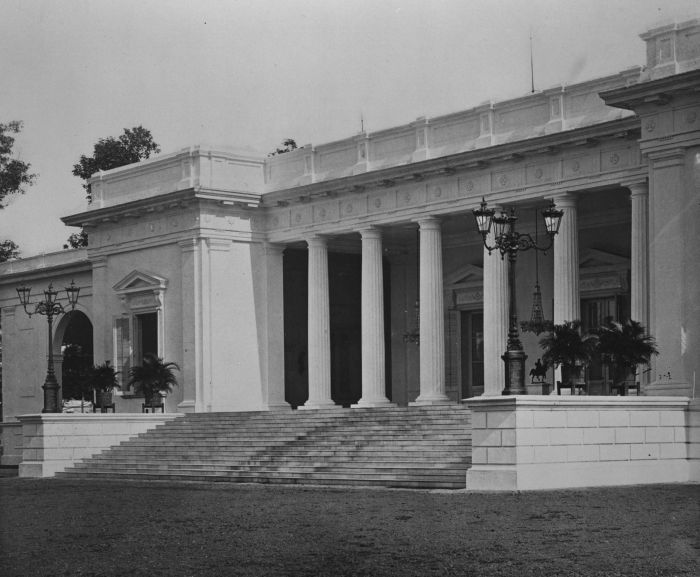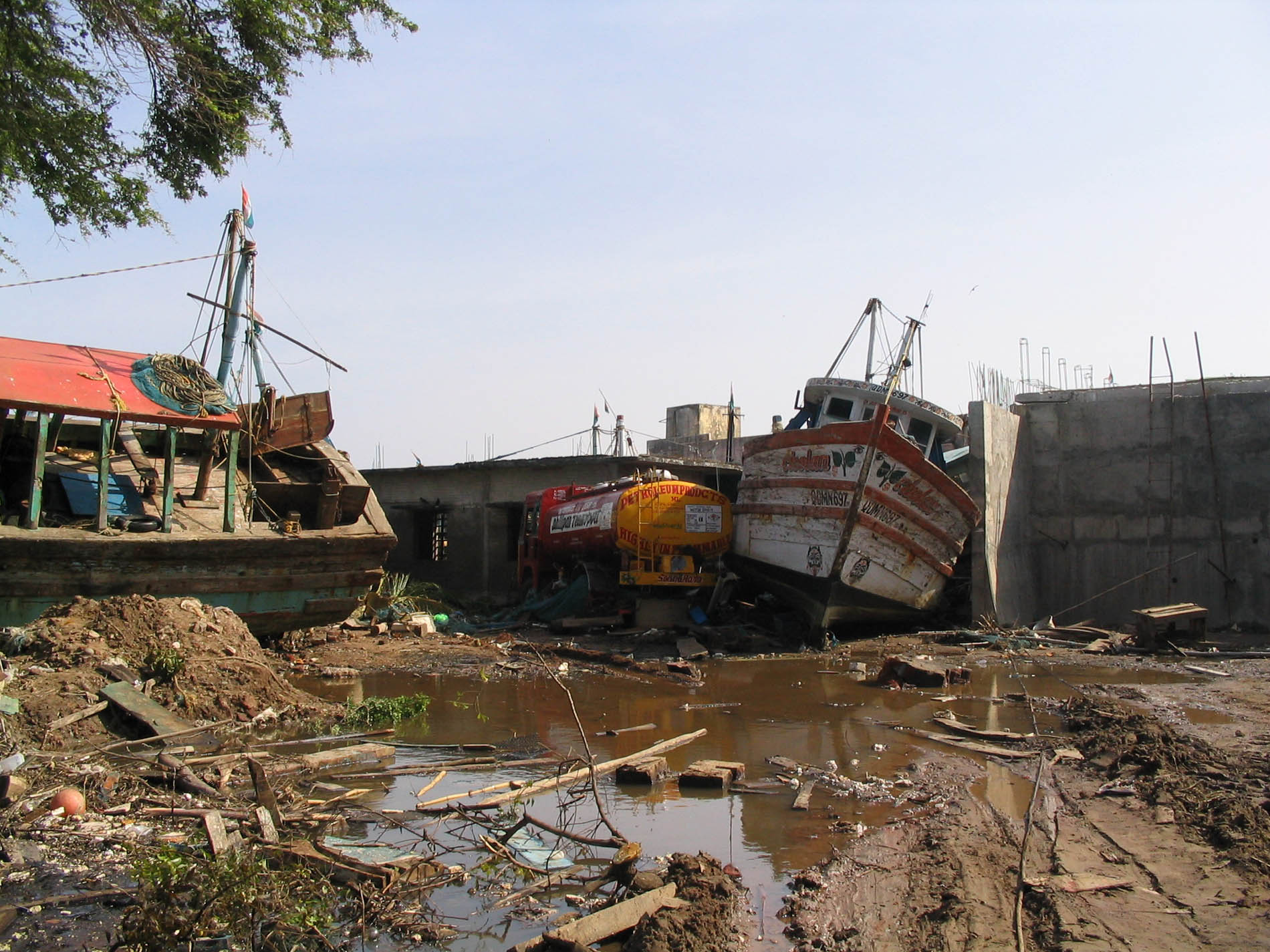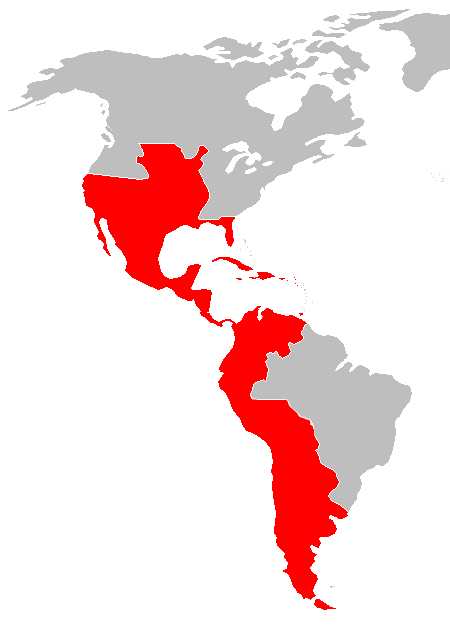|
Willem Arnold Alting
Willem Arnold Alting (11 November 1724 – 7 June 1800) was a Dutch colonial administrator who served as Governor-General of the Dutch East Indies from 1780 to 1797. Born in Groningen, Alting studied in his hometown and graduated in law. He left on 18 October 1750 for the East Indies on board the ''De Middelburg'' as an ''onderkoopman'' (underbuyer or undermerchant) for the Dutch East India Company (VOC). He spent the rest of his life in the Indies. In 1754 he became ''koopman'' (buyer or merchant) and in 1759 First Secretary to the government. In 1763 he became Counsellor-extraordinary (''Buitengewoon Raad'') and in 1772 full Counsellor (''Raad ordinaris''). In 1777, he became First Counsellor (''Eerste Raad'') was named Director-General. From March 1780 he was acting Governor-General, because of the sickness of his predecessor, Reynier de Klerck. Following the death of De Klerck, on 1 September 1780, he was chosen by the Dutch Council of the Indies as provisional Governor-G ... [...More Info...] [...Related Items...] OR: [Wikipedia] [Google] [Baidu] |
Johann Friedrich August Tischbein
Johann Friedrich August Tischbein, known as the ''Leipziger Tischbein'' (9 March 1750, Maastricht - 21 June 1812, Heidelberg) was a German portrait painter from the Tischbein family of artists. Biography He received his first lessons from his father, the set painter Johann Valentin Tischbein. In 1768, he went to Kassel to work in the studios of his uncle, Johann Heinrich Tischbein.Biographical notes from the '' |
Portuguese Language
Portuguese ( or, in full, ) is a western Romance language of the Indo-European language family, originating in the Iberian Peninsula of Europe. It is an official language of Portugal, Brazil, Cape Verde, Angola, Mozambique, Guinea-Bissau and São Tomé and Príncipe, while having co-official language status in East Timor, Equatorial Guinea, and Macau. A Portuguese-speaking person or nation is referred to as " Lusophone" (). As the result of expansion during colonial times, a cultural presence of Portuguese speakers is also found around the world. Portuguese is part of the Ibero-Romance group that evolved from several dialects of Vulgar Latin in the medieval Kingdom of Galicia and the County of Portugal, and has kept some Celtic phonology in its lexicon. With approximately 250 million native speakers and 24 million L2 (second language) speakers, Portuguese has approximately 274 million total speakers. It is usually listed as the sixth-most spoken language, the third-most sp ... [...More Info...] [...Related Items...] OR: [Wikipedia] [Google] [Baidu] |
Governors-General Of The Dutch East Indies
The governor-general of the Dutch East Indies ( nl, gouverneur-generaal van Nederlands Indië) represented Dutch rule in the Dutch East Indies between 1610 and Dutch recognition of the independence of Indonesia in 1949. Occupied by Japanese forces between 1942 and 1945, followed by the Indonesian National Revolution until 1949. Indonesia proclaimed its independence on 17 August 1945. History The first governors-general were appointed by the Dutch East India Company (VOC). After the VOC was formally dissolved in 1800, the territorial possessions of the VOC were nationalised under the Dutch government as the Dutch East Indies, a colony of the Netherlands. Governors-general were now appointed by either the Dutch monarch or the Dutch government. During the Dutch East Indies era most governors-general were expatriate Dutchmen, while during the earlier VOC era most governors-general became settlers who stayed and died in the East Indies. Under the period of British control (1811 ... [...More Info...] [...Related Items...] OR: [Wikipedia] [Google] [Baidu] |
1800 Deaths
Eighteen or 18 may refer to: * 18 (number), the natural number following 17 and preceding 19 * one of the years 18 BC, AD 18, 1918, 2018 Film, television and entertainment * ''18'' (film), a 1993 Taiwanese experimental film based on the short story ''God's Dice'' * ''Eighteen'' (film), a 2005 Canadian dramatic feature film * 18 (British Board of Film Classification), a film rating in the United Kingdom, also used in Ireland by the Irish Film Classification Office * 18 (''Dragon Ball''), a character in the ''Dragon Ball'' franchise * "Eighteen", a 2006 episode of the animated television series ''12 oz. Mouse'' Music Albums * ''18'' (Moby album), 2002 * ''18'' (Nana Kitade album), 2005 * '' 18...'', 2009 debut album by G.E.M. Songs * "18" (5 Seconds of Summer song), from their 2014 eponymous debut album * "18" (One Direction song), from their 2014 studio album ''Four'' * "18", by Anarbor from their 2013 studio album '' Burnout'' * "I'm Eighteen", by Alice Cooper commonly ... [...More Info...] [...Related Items...] OR: [Wikipedia] [Google] [Baidu] |
1724 Births
Seventeen or 17 may refer to: *17 (number), the natural number following 16 and preceding 18 * one of the years 17 BC, AD 17, 1917, 2017 Literature Magazines * ''Seventeen'' (American magazine), an American magazine * ''Seventeen'' (Japanese magazine), a Japanese magazine Novels * ''Seventeen'' (Tarkington novel), a 1916 novel by Booth Tarkington *''Seventeen'' (''Sebuntiin''), a 1961 novel by Kenzaburō Ōe * ''Seventeen'' (Serafin novel), a 2004 novel by Shan Serafin Stage and screen Film * ''Seventeen'' (1916 film), an American silent comedy film *'' Number Seventeen'', a 1932 film directed by Alfred Hitchcock * ''Seventeen'' (1940 film), an American comedy film *''Eric Soya's '17''' (Danish: ''Sytten''), a 1965 Danish comedy film * ''Seventeen'' (1985 film), a documentary film * ''17 Again'' (film), a 2009 film whose working title was ''17'' * ''Seventeen'' (2019 film), a Spanish drama film Television * ''Seventeen'' (TV drama), a 1994 UK dramatic short starring Chris ... [...More Info...] [...Related Items...] OR: [Wikipedia] [Google] [Baidu] |
Kampong Melajoe
A kampong (''kampung'' in Malay and Indonesian) is the term for a village in Brunei, Indonesia, Malaysia and Singapore and a "port" in Cambodia. The term applies to traditional villages, especially of the indigenous people, and has also been used to refer to urban slum areas and enclosed developments and neighbourhoods within towns and cities in Brunei, Indonesia, Malaysia, Singapore, Cambodia, Sri Lanka and Christmas Island. The traditional ''kampong'' village designs and architecture have been targeted for reform by urbanists and modernists and have also been adapted by contemporary architects for various projects. The English word " compound", when referring to a development in a town, is derived from the Malay word of . Brunei In Brunei, the term kampong (also kampung) primarily refers to the third- and lowest-level subdivisions after districts ( ms, daerah) and mukim (equivalent to subdistrict). Some kampong divisions are sufficiently villages by anthropological definitio ... [...More Info...] [...Related Items...] OR: [Wikipedia] [Google] [Baidu] |
Batavian Republic
The Batavian Republic ( nl, Bataafse Republiek; french: République Batave) was the successor state to the Republic of the Seven United Netherlands. It was proclaimed on 19 January 1795 and ended on 5 June 1806, with the accession of Louis Bonaparte to the Dutch throne. From October 1801 onward, it was known as the Batavian Commonwealth ( nl, Bataafs Gemenebest). Both names refer to the Germanic tribe of the ''Batavi'', representing both the Dutch ancestry and their ancient quest for liberty in their nationalistic lore. In early 1795, intervention by the French Republic led to the downfall of the old Dutch Republic. The new Republic enjoyed widespread support from the Dutch populace and was the product of a genuine popular revolution. However, it was founded with the armed support of the French revolutionary forces. The Batavian Republic became a client state, the first of the " sister-republics", and later part of the French Empire of Napoleon. Its politics were deeply in ... [...More Info...] [...Related Items...] OR: [Wikipedia] [Google] [Baidu] |
Johannes Siberg
Johannes Siberg (1740–1817) was Governor-General of the Dutch East Indies from 1801 to 1805, during which time control of the Dutch Indies passed from the Dutch East India Company (VOC) to the Napoleonic Dutch State in the guise of the Batavian Republic (later superseded by the Kingdom of Holland) which took over much of Dutch territory and broke their monopoly of trade. Local kings and princes took the opportunity of troubled times to try to reassert themselves. The various governments in the homeland tried various means to retrieve matters, including troop reinforcements and reforms, finally formally taking over the government functions of the VOC. Siberg resisted many of the reforms, and continued to do so after being removed from office. Early career Johannes (or Joannes) Siberg born on 14 October 1740 in Rotterdam. When he was 18 years old, he left for the Indies as a ''contabelsmaat'' (assistant artillery master). He soon gave up the sea and climbed expertly through the ... [...More Info...] [...Related Items...] OR: [Wikipedia] [Google] [Baidu] |
Negapatam
Nagapattinam (''nākappaṭṭinam'', previously spelt Nagapatnam or Negapatam) is a town in the Indian state of Tamil Nadu and the administrative headquarters of Nagapattinam District. The town came to prominence during the period of Medieval Cholas (9th–12th century CE) and served as their important port for commerce and east-bound naval expeditions. The Chudamani Vihara in Nagapattinam constructed by the Srivijayan king Sri Mara Vijayattungavarman of the Sailendra dynasty with the help of Rajaraja Chola I was an important Buddhist structure in those times. Nagapattinam was settled by the Portuguese and, later, the Dutch under whom it served as the capital of Dutch Coromandel from 1660 to 1781. In November 1781, the town was conquered by the British East India Company. It served as the capital of Tanjore district from 1799 to 1845 under Madras Presidency of the British. It continued to be a part of Thanjavur district in Independent India. In 1991, it was made the headquarte ... [...More Info...] [...Related Items...] OR: [Wikipedia] [Google] [Baidu] |
Treaty Of Paris (1784)
The Peace of Paris of 1783 was the set of treaties that ended the American Revolutionary War. On 3 September 1783, representatives of King George III of Great Britain signed a treaty in Paris with representatives of the United States of America—commonly known as the Treaty of Paris (1783)—and two treaties at Versailles with representatives of King Louis XVI of France and King Charles III of Spain—commonly known as the Treaties of Versailles (1783). The previous day, a preliminary treaty had been signed with representatives of the States General of the Dutch Republic, but the final treaty which ended the Fourth Anglo-Dutch War was not signed until 20 May 1784; for convenience, however, it is included in the summaries below. The treaty dictated that the British would lose their Thirteen Colonies and marked the end of the First British Empire. The United States gained more than it expected, thanks to the award of western territory. The other Allies had mixed to poor results. ... [...More Info...] [...Related Items...] OR: [Wikipedia] [Google] [Baidu] |
Batavia, Dutch East Indies
Batavia was the capital of the Dutch East Indies. The area corresponds to present-day Jakarta, Indonesia. Batavia can refer to the city proper or its suburbs and hinterland, the Ommelanden, which included the much-larger area of the Residency of Batavia in the present-day Indonesian provinces of Jakarta, Banten and West Java. The founding of Batavia by the Dutch in 1619, on the site of the ruins of Jayakarta, led to the establishment of a Dutch colony; Batavia became the center of the Dutch East India Company's trading network in Asia. Monopolies on local produce were augmented by non-indigenous cash crops. To safeguard their commercial interests, the company and the colonial administration absorbed surrounding territory. Batavia is on the north coast of Java, in a sheltered bay, on a land of marshland and hills crisscrossed with canals. The city had two centers: Oud Batavia (the oldest part of the city) and the relatively-newer city, on higher ground to the south. It was ... [...More Info...] [...Related Items...] OR: [Wikipedia] [Google] [Baidu] |
Fourth Anglo-Dutch War
The Fourth Anglo-Dutch War ( nl, Vierde Engels-Nederlandse Oorlog; 1780–1784) was a conflict between the Kingdom of Great Britain and the Dutch Republic. The war, contemporary with the War of American Independence (1775-1783), broke out over British and Dutch disagreements on the legality and conduct of Dutch trade with Britain's enemies in that war. Although the Dutch Republic did not enter into a formal alliance with the rebelling American colonies and their allies, American ambassador (and future president) John Adams managed to establish diplomatic relations with the Dutch Republic, making it the second European country to diplomatically recognise the Continental Congress in April 1782. In October 1782, a treaty of amity and commerce was concluded as well. Most of the war consisted of a series of British operations against Dutch colonial economic interests, although British and Dutch naval forces also met once off the Dutch coast. The war ended disastrously for the Dut ... [...More Info...] [...Related Items...] OR: [Wikipedia] [Google] [Baidu] |





.jpg)



.jpg)